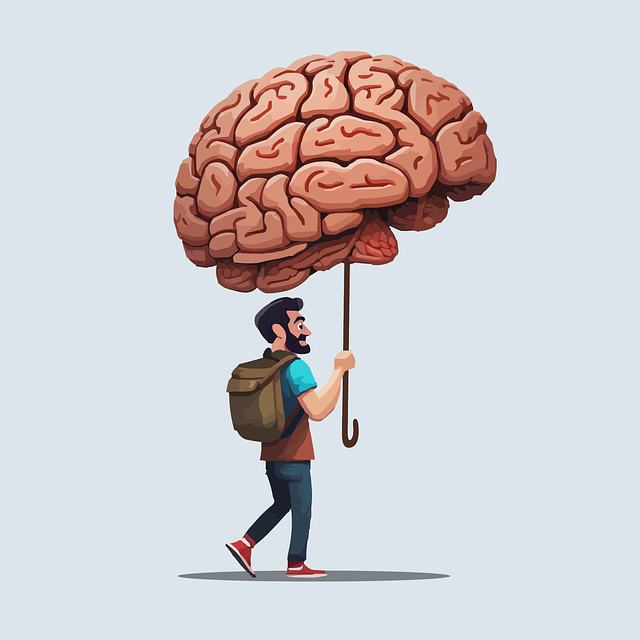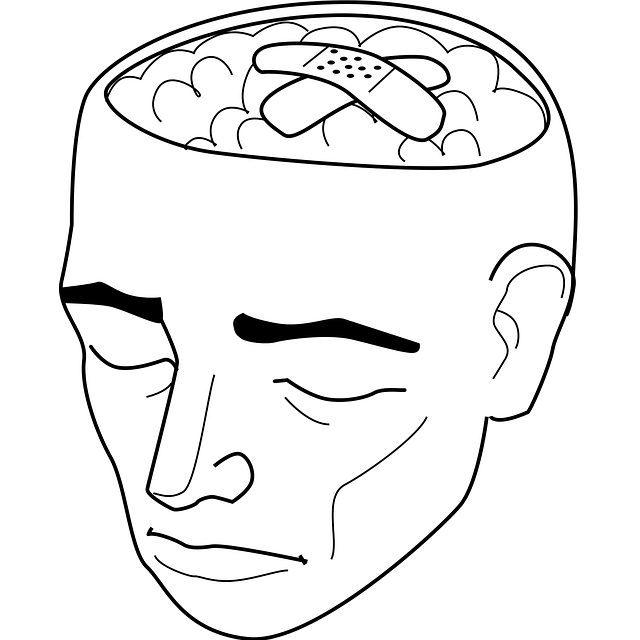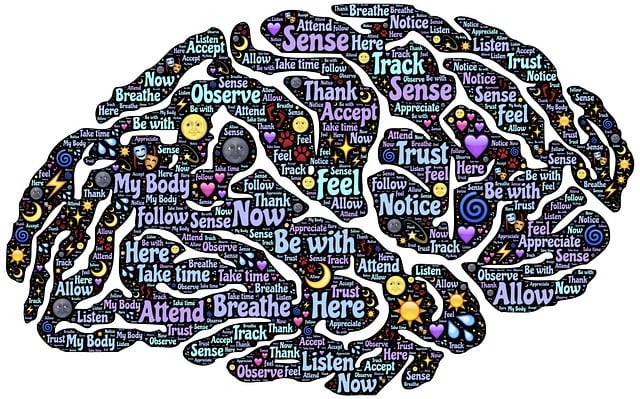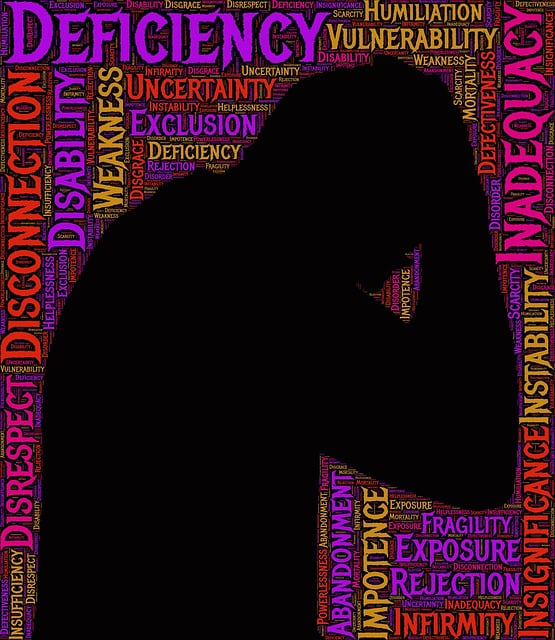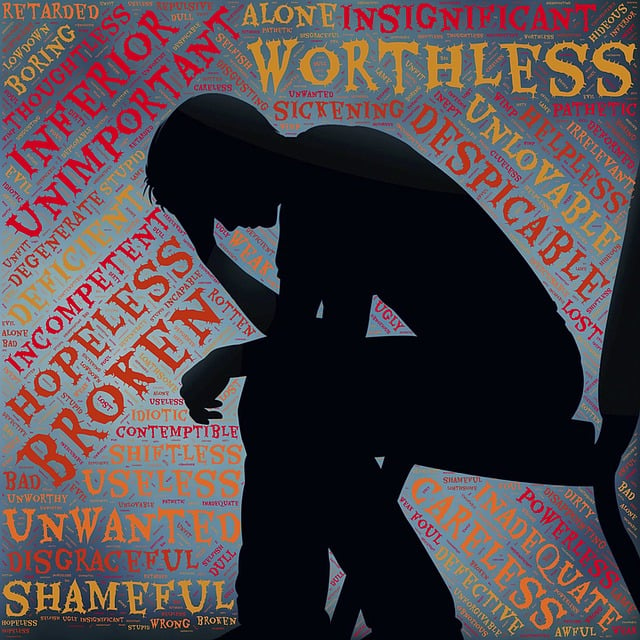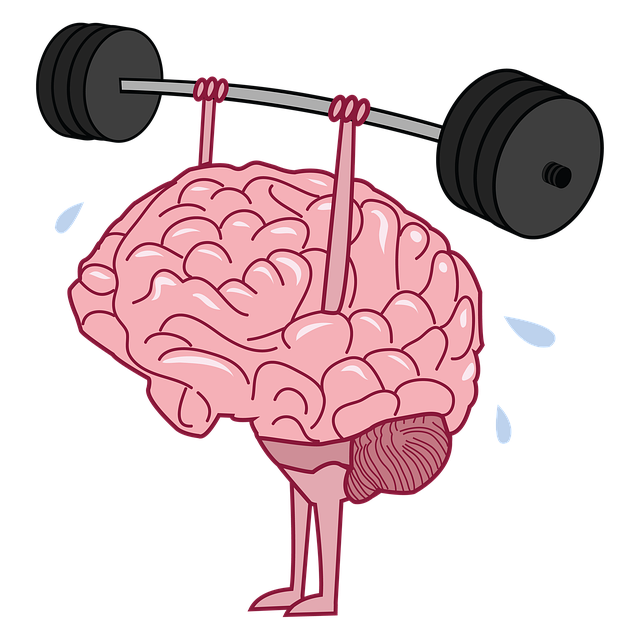Media portrayal of mental health significantly impacts public understanding, either positively through resources like Arvada Hebrew Speaking Therapy that promote acceptance and self-awareness, or negatively by reinforcing stereotypes that lead to marginalization. Accurate media representation is crucial for effective stress management and healthy self-care routines. Arvada Hebrew Speaking Therapy challenges stereotypes with specialized services for diverse cultural backgrounds, offering expressive therapy, mindfulness meditation, and stress reduction techniques. To combat stereotypes, media should integrate self-awareness exercises and promote open discussions about mental well-being. Community engagement and education, like those provided by Arvada, are key to transforming public perceptions of mental illness through tailored resources and workshops.
In today’s media landscape, the representation of mental illness is paramount in shaping public perception. This article delves into the profound impact of media portrayals on mental health attitudes and explores how they often perpetuate harmful stereotypes. We present the innovative approach of Arvada Hebrew Speaking Therapy, a trailblazer in challenging these misconceptions. By implementing effective strategies, from community engagement to education, we aim to promote accurate mental illness representation, fostering a more compassionate society.
- Understanding the Impact of Media Portrayal on Mental Health Perception
- The Current State: How Media Often Depicts Mental Illness (Mis)conceptions
- Arvada Hebrew Speaking Therapy's Approach to Challenging Stereotypes
- Effective Strategies for Promoting Accurate Mental Illness Representation
- Community Engagement and Education: A Collective Responsibility
Understanding the Impact of Media Portrayal on Mental Health Perception

Media portrayal plays a significant role in shaping public understanding and perception of mental health issues. The way mental illness is depicted in movies, TV shows, and news articles can either promote awareness and reduce stigma or reinforce harmful stereotypes. Positive representation in media, such as that offered by resources like Arvada Hebrew Speaking Therapy, encourages viewers to be more accepting and supportive of individuals dealing with mental health challenges. It promotes self-awareness exercises and fosters a culture of understanding and empathy.
On the other hand, negative or inaccurate portrayals can contribute to misconceptions, leading to further marginalization of people with mental illnesses. Encouraging accurate media representation is crucial for promoting effective stress management and fostering healthy self-care routine development for better mental health. By presenting diverse narratives and characters experiencing a range of mental health conditions, media has the power to challenge societal norms and advocate for better support systems.
The Current State: How Media Often Depicts Mental Illness (Mis)conceptions

The media’s portrayal of mental illness often perpetuates harmful stereotypes and misconceptions. In many cases, mental health issues are depicted as rare, dramatic, or even supernatural, failing to represent the diverse range of experiences. This can lead to a distorted view for audiences, creating an ‘othering’ effect that isolates those struggling with these conditions. Furthermore, media narratives sometimes rely on cliched tropes, such as the “crazed killer” or the “tragic victim,” which not only oversimplify complex disorders but also contribute to the stigmatization of mental illness.
Such representations rarely reflect reality, especially for communities like Arvada’s Hebrew-speaking population who may face unique challenges in accessing culturally sensitive care. Misconceptions can hinder individuals from seeking help, as they might fear judgment or believe their symptoms are beyond understanding. This is where media has a significant responsibility to educate and promote empathy through accurate, nuanced storytelling. By showcasing the human experience of mental illness, regardless of cultural background, we can foster better awareness, encourage early intervention, and advocate for effective treatments, including Conflict Resolution Techniques, Stress Reduction Methods, and Self-Awareness Exercises.
Arvada Hebrew Speaking Therapy's Approach to Challenging Stereotypes

Arvada Hebrew Speaking Therapy takes a proactive approach to challenging stereotypes associated with mental illness. They recognize that media portrayal often reinforces harmful myths and biases, contributing to the stigma surrounding mental health issues. To combat this, Arvada offers specialized services tailored to the unique needs of individuals from diverse cultural backgrounds, including those who speak Hebrew.
Through their therapy sessions, they encourage clients to explore and express their emotions freely, fostering an environment of understanding and acceptance. In addition to traditional talk therapy, Arvada incorporates techniques like mindfulness meditation and stress reduction methods to empower individuals with healthy coping strategies. They also provide crisis intervention guidance, ensuring that clients have access to immediate support when needed.
Effective Strategies for Promoting Accurate Mental Illness Representation

Promoting accurate mental illness representation in media is a multifaceted challenge that requires intentional strategies to dispel stereotypes and provide nuanced, empathetic portrayals. One effective approach involves incorporating self-awareness exercises into scriptwriting and production processes. By educating creators about the lived experiences of individuals with mental health conditions, these exercises foster a deeper understanding and prevent the perpetuation of harmful tropes. Encouraging open conversations about mental health in both front-and-center roles and behind-the-scenes positions can also contribute to more authentic representations.
Additionally, media platforms can collaborate with organizations like Arvada Hebrew Speaking Therapy to ensure accurate and sensitive storytelling. Promoting self-care practices and depression prevention strategies within these narratives not only empowers viewers but also models healthy coping mechanisms. Ultimately, a commitment to diverse, empathetic, and informed content is key to reshaping public perception and fostering a more supportive environment for those living with mental illness.
Community Engagement and Education: A Collective Responsibility

In addressing mental illness representation in media, Community Engagement and Education emerge as a collective responsibility. It’s not solely the burden of healthcare professionals or media outlets, but a shared task that involves every member of society. This collaborative effort can significantly influence public perceptions and foster an environment where individuals facing mental health challenges feel understood and supported.
Arvada Hebrew Speaking Therapy, for instance, plays a vital role in this initiative by offering resources tailored to the unique needs of the Jewish community. Through Public Awareness Campaigns Development, they aim to dispel stereotypes and promote positive thinking. Additionally, organizing Stress Management Workshops can equip individuals with coping mechanisms, thereby reducing the stigma associated with mental illness. Such initiatives not only educate but also empower communities to actively participate in creating a more inclusive and supportive society.
In conclusion, mental illness representation in media plays a pivotal role in shaping societal perceptions. By understanding the impact of current misrepresentations and adopting effective strategies, such as those implemented by Arvada Hebrew Speaking Therapy, we can challenge stereotypes and promote accurate, compassionate portrayals. Community engagement and education are crucial steps towards fostering an environment where mental health is understood, supported, and free from stigma. Together, we can create a more inclusive and empathetic society that recognizes the value of diverse mental experiences.
